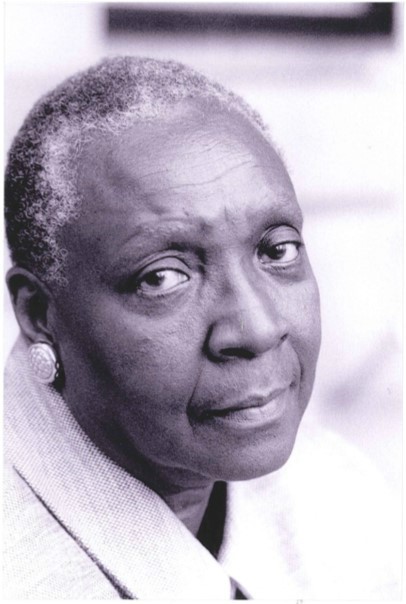Hopefully, this post won't be pedantic; after all, old habits die hard. ;)
In graduate school, I quickly realized that a lot had already been said/written on the very issues in which I was interested. I felt like a latecomer to a party who was trying to fit into the conversations in groups and the jokes that they were enjoying. In one such intellectual immersion, I heard my professor referring to Ali Mazrui.
Hang on, this is not an academic discussion.
Mazrui wrote a book that accompanied a multi-part documentary on how Islam and the West (colonialism and Christianity) interacted with traditional Africa. A Triple Heritage, Mazrui named this. It was in those ancient times before YouTube, when the logistics of watching a video were far more complicated than reading a book. I don't recall watching the entire series.
It is not difficult to understand both Christianity and Islam diffusing deep into Africa. One needs to only look at a map and note how short the distance is between the continent and the Arabian peninsula or the Levant.
Now, if only there was an epic-level novel that wove together traditional Africa, Islam, Christianity, and the West and its slave trade. Right?
That's exactly what a reader like me finds in Maryse Condé's Segu.
The tale that involves multiple leading characters with names that are unfamiliar to most of us, across multiple locations and continents, might seem like a lot of work. However, that is not the case. Condé draws the reader in and her richly descriptive sentences make it easy to imagine the landscapes, and the people and their emotions.
It is a shame that only recently did I come to know about Condé and her works. Segu was originally written in French because she was born and raised in the French Caribbean--in Guadeloupe. And, yes, a descendant of enslaved people she is. And her people came from the geographic areas in which she has set Segu--visualize West Africa all the way to northeastern Mali.
Maryse Condé was born in Guadeloupe in 1937, earned her MA and PhD in comparative literature at Paris-Sorbonne University and went on to have a distinguished academic career, becoming professor emerita of French at Columbia University in New York. She has also lived in Guinea, Ghana and Mali, where she gained inspiration for her worldwide bestseller Segu. Condé was awarded the 2018 New Academy prize (the “alternative Nobel”)
In an essay based on her remarks on receiving the "alternative Nobel," Condé writes:
During the eighteenth century, missionaries and travelers named Guadeloupe an island paradise. Closing their eyes to the conditions of the slaves who were working in the hell of the sugar cane plantations, the colonists preferred to boast of the climate and the majestic landscapes. Even the indigenous population ended up being convinced by this counter-truth.
I cannot ever understand what drove the melanin-deprived men from northern latitudes to colonize lands that were far from their homes, and mess up humans forever!
As a final note, this ex-professor who was laid off by my former employer wonders if papers have been published analyzing Maryse Condé's Segu in the triple heritage framework that Ali Mazrui offered. And, oh, what did Mazrui think of Segu?

No comments:
Post a Comment